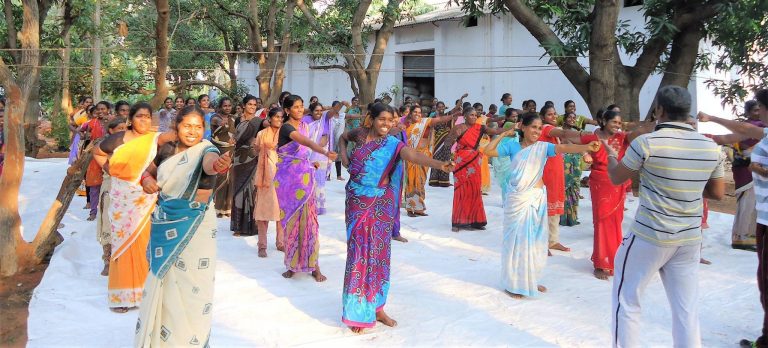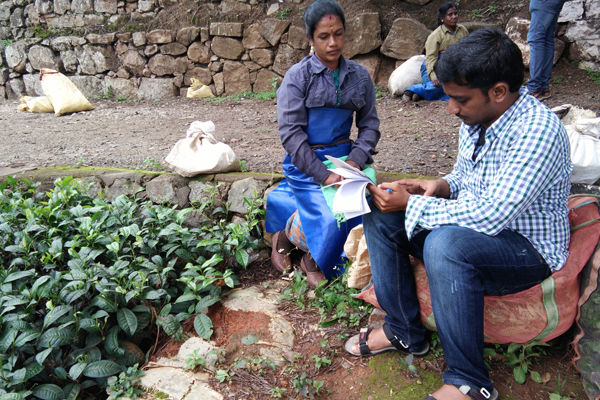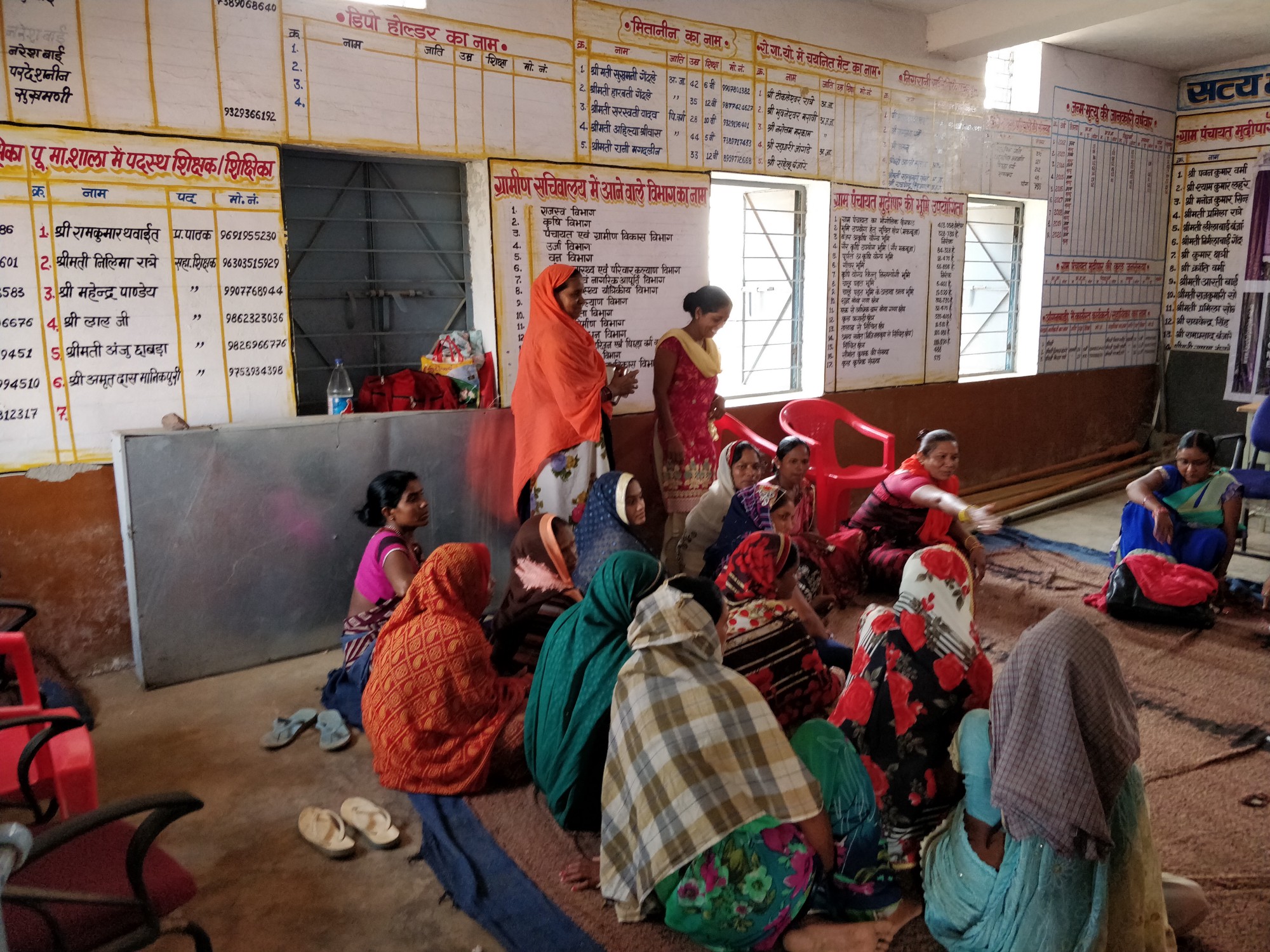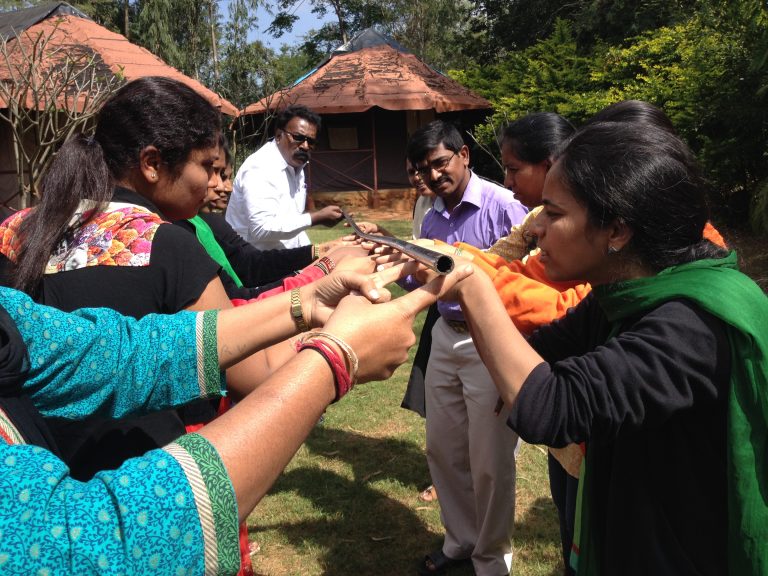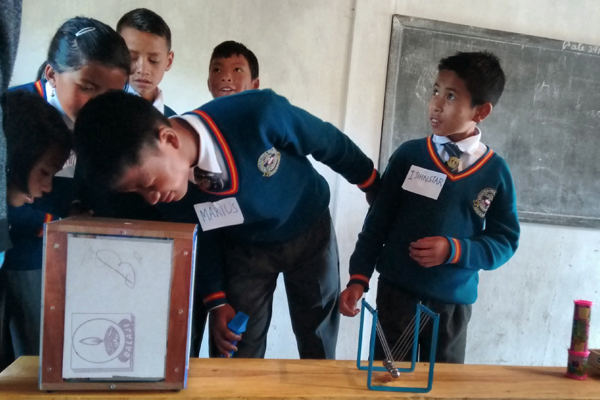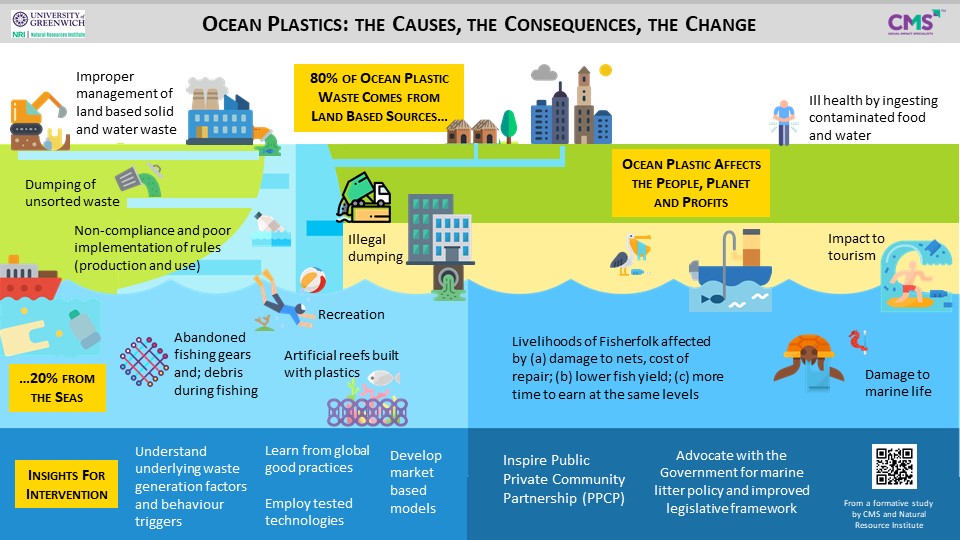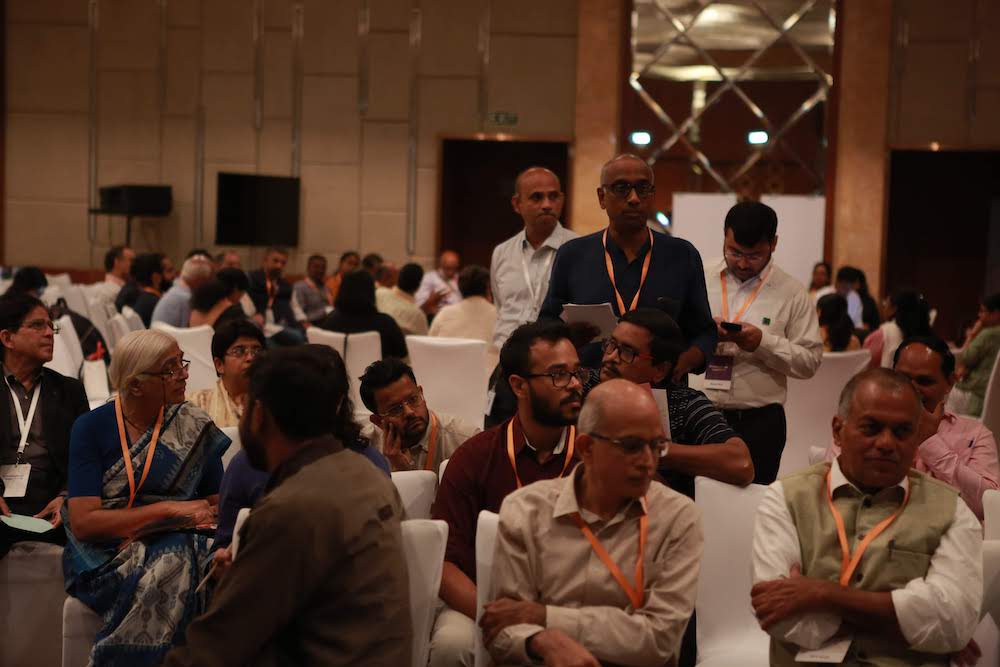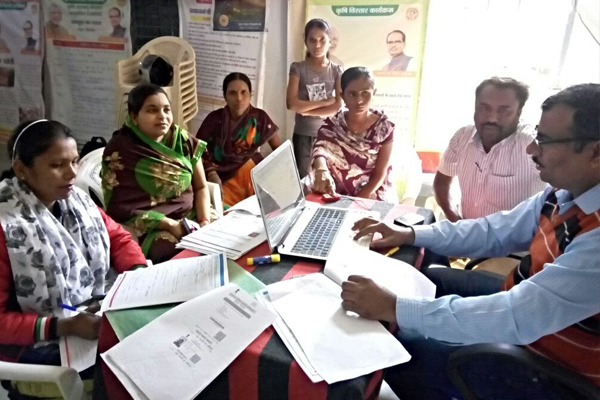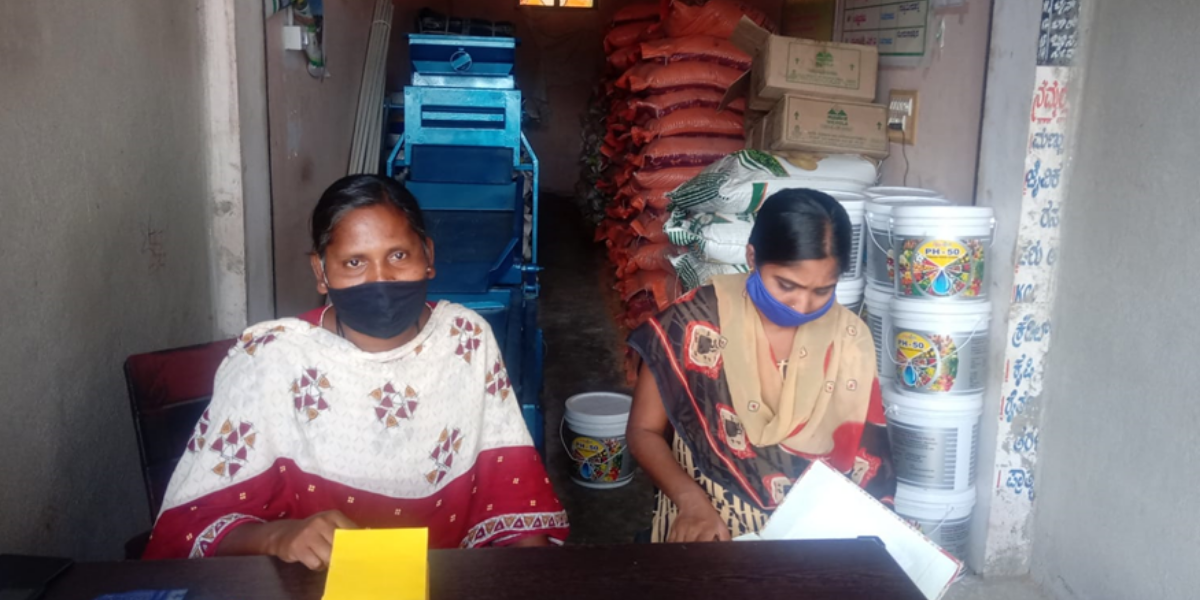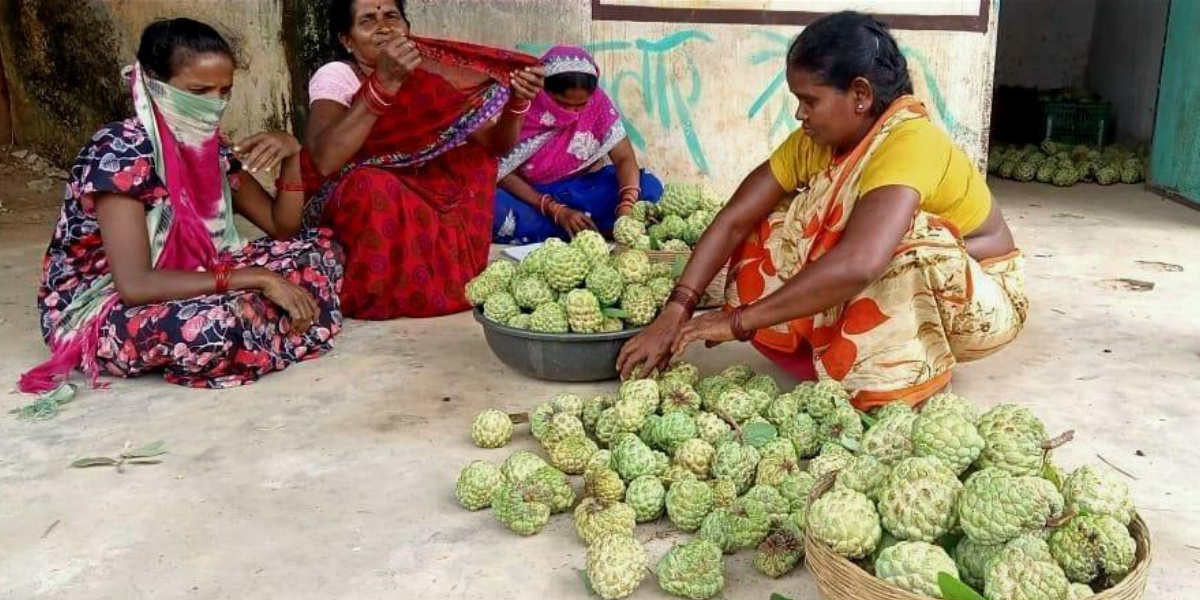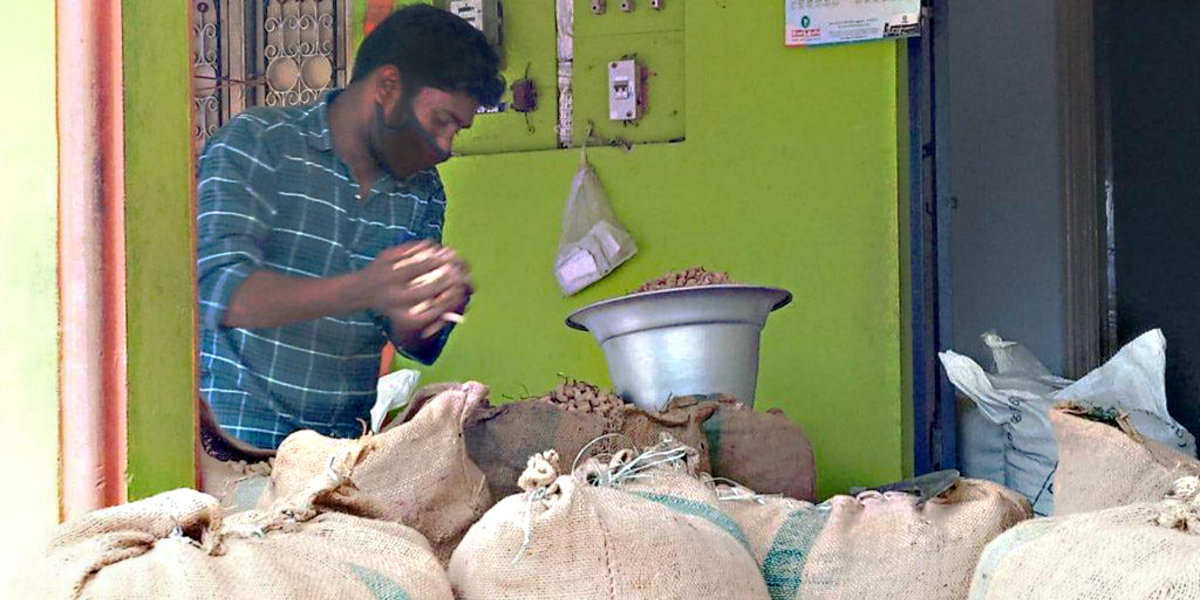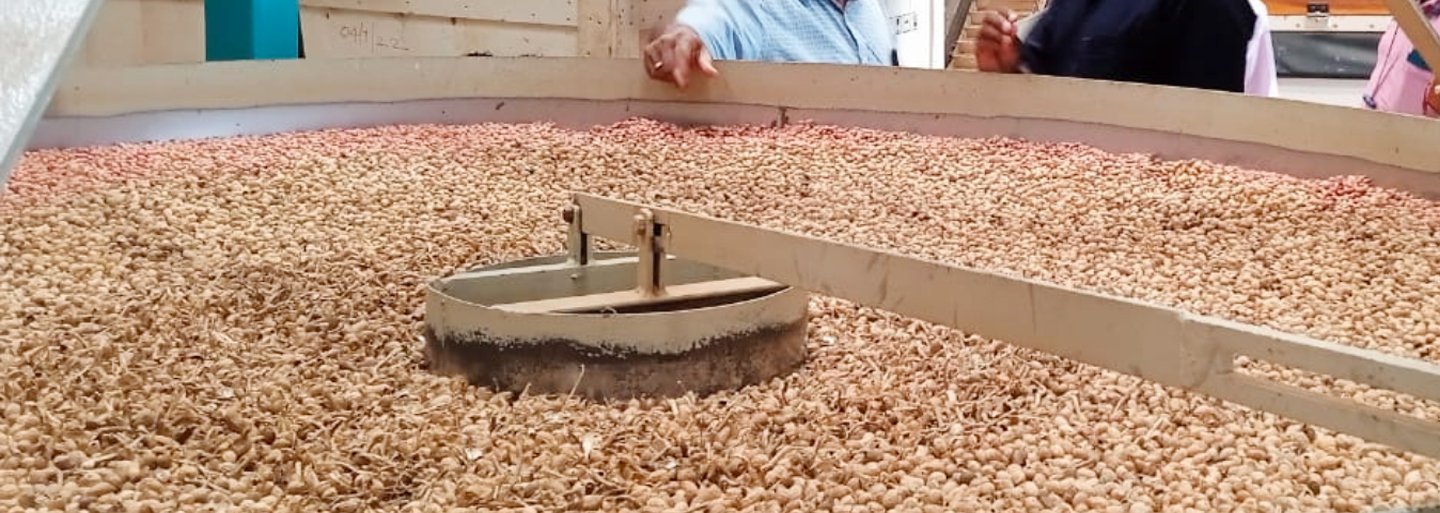Kurnool Groundnut Venture: Story of Successful Groundnut Sales by Kurnool Farmer Producer Company
Author: Sayani Chatterjee
India produces close to 6 million tonnes of groundnuts every year, contributing 13.79% to the world’s total groundnut production. Groundnut seeds contain 40%–53% oil and are the second most important oil seed after soybean. India is known to be the second largest producer of groundnuts in the world and is one of the top 3 exporters of groundnut, adding nearly 350 billion Indian rupees to the nation’s GDP.
Andhra Pradesh contributes 11.33% of the total groundnut produced in India Andhra Pradesh ranks third in India in groundnut production. Groundnut is grown on 8.7 lakh hectares in the State. Anantapur, Chittoor, Kurnool, Kadapa, Nellore, Guntur and Prakasam are some of the major groundnut-growing districts. Kurnool occupies the third position in Andhra Pradesh, producing 167,000 tonnes of groundnuts per annum. Kadhiri 1218 and K 6 are two major varieties of groundnut found in the region.
In spite of being one of the most important cash crops in India, the groundnut value chain suffers from various drawbacks. Aside from being susceptible to various pests and fungi during the pre-harvest stage, the lack of proper infrastructure with producers, traders and millers—inadequate grading, sorting, processing facilities, seasonality and obsolete techniques—adds to the market’s inefficiencies. When combined with the issues confronting smallholder farmers, the value chain gives the highest risk takers the smallest share of the pie.
To address the value chain issues, Catalyst Livelihood Venture (CLV), a Catalyst Group initiative, takes a value chain-based approach to improving the wealth and resilience of smallholder farmers across the country by facilitating market-based opportunities. CLV has been closely working with the FPCs (Farmer Producer Company) to address these challenges and build capacities in Kurnool, Andhra Pradesh. One of the objectives of CLV is to enable the FPCs to sell their produce directly to the market.
One such FPC in the Kurnool district of Andhra Pradesh was successful in selling 14 MT of groundnut for the first time and generated Rs. 10 lakh in turnover in the process. Despite several issues and challenges, the FPC achieved this feat with support from Catalyst Livelihood Venture (CLV).
Output Business – Pre Procurement
In Kurnool, groundnut is grown by the majority of farmers and is expected to be harvested in the first week of October. As part of the pre-work activities for output produce sales, CLV, along with the ground team stationed in the Kurnool region, began scoping for buyers. The team was successful in scoping 15 buyers, consisting of local as well as modern and institutional buyers.
After discussions and approvals from the FPC Board of Directors, it was decided that the FPC would procure groundnuts from the farmers and sell them directly to the buyers. Accordingly, a procurement plan for groundnuts from the farmers was developed by the team. Procurement centres were selected, and equipment required during the procurement process such as moisture metres, weighing scales, etc., was arranged.
One of the significant components of the procurement plan was the arrangement of funds required for purchasing groundnut from the farmers. To meet the smallholder requirement of immediate payments, it was estimated that the FPC would need Rs. 10 lakhs for the procurement operations on the ground. The FPCs hit a significant roadblock when the bank rejected the loan application due to the unavailability of GST. FPC’s GST was cancelled by the board members as it deprived them of social entitlements.
To address the financial crisis, the FPC Board of Directors, on the advice of the CLV team, pooled money from other FPCs (promoted by Vrutti) in Kurnool. Fuzhio (one of the CLV partners) also offered to help the FPC with the loan in case the pooled money was insufficient. Before harvesting began, the FPC successfully raised approximately Rs. 9 lakhs. The ground team was successful in setting up the procurement centre at Kothaburuju village in the Dhone FPC area.
Rains and Procurement
The excitement of the Kurnool ground team and CLV was heightened with the procurement of 6 quintals of groundnut in the 2nd week of October, only to be washed down with heavy rains hitting the region. The downpour continued for 15 days, pushing back the timeline of procurement and delivery of the product to the buyers. The entire operation came to a halt, leaving the farmers panic-stricken.
During the crisis, the on-the-ground team kept the lines of communication open with farmers and buyers. Continuous interactions with the stakeholders improved their trust in the FPC’s commitment to business. As the rain subsided, the team jump-started its efforts, walking into another roadblock. Untimely and heavy rains negatively affected the quality and quantity of groundnut available to the farmers, and the produce fell below the buyer’s expectations. Prices offered by the buyers for the produce fell, while the farmers expected a higher return.
The FPC was able to overcome the risks and challenges to procure and sell 14 MT of groundnut, generating a turnover of 10 lakhs and making a marginal profit. The team understood the market volatility and learned about incorporating the risks associated with output marketing. The team is now confident enough to undertake the bulk business of selling groundnuts and other products in the upcoming seasons.
Catalyst Livelihood Venture brings together CMS, Vrutti, Fuzhio and Green Foundation and currently focuses on developing the groundnut, pulse, millets, goatary and custard apple value chains. As part of this initiative, CLV has initiated its operations in 9 locations across the country and is working closely with 29 Farmer Producer Companies (FPC).

